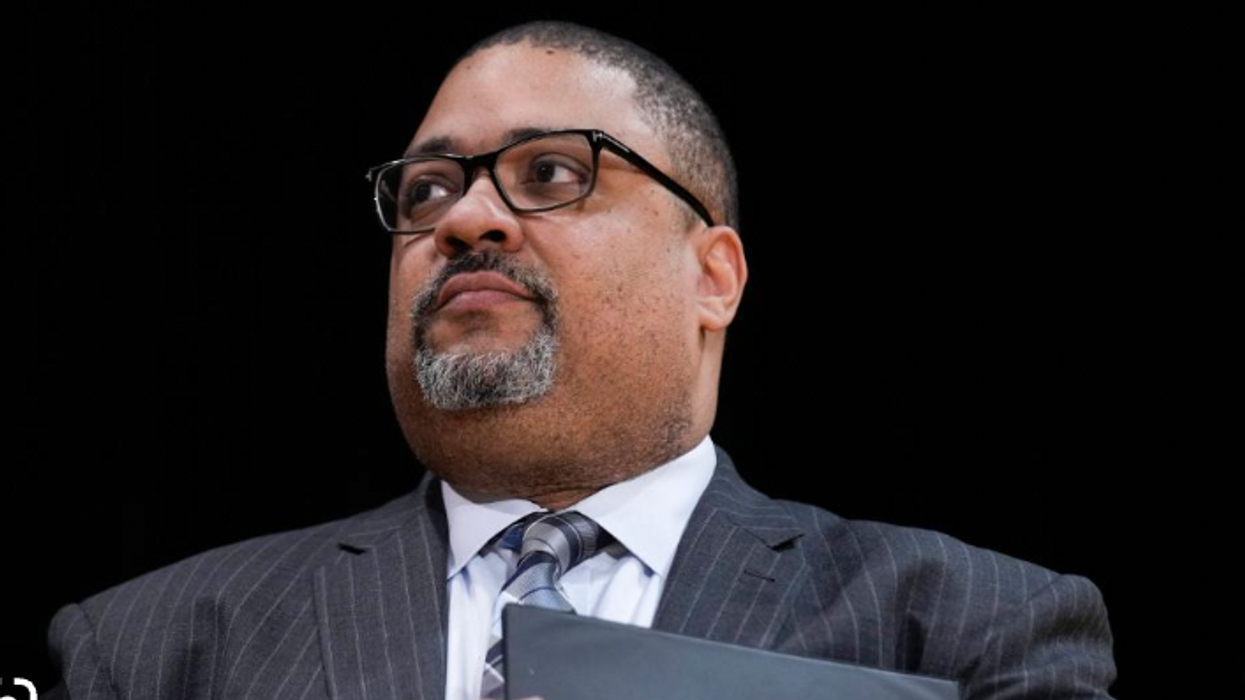Is Los Angeles As Toxic As Manhattan After 9/11?
While I've been mainlining local news to see if my house, on the edge of an evacuation zone, was going to survive, my daughter (who I've been staying with) has been doing research on the air. As depressing as it has been to see these fires destroying my adopted hometown, it's been worse to hear my daughter's reports on the air around us, and to be reminded of what we should have learned from 9/11.
"L.A. is Toxic, and We Need to Talk About It" is the title of my daughter's post on Substack. Read it, and then think about those pictures you've seen of people returning to their burnt out neighborhoods, combing through the rubble in their flip-flops, with no masks. It's terrifying. Would you go wading in a toxic dump unprotected? Is "protection" good enough?
This is what we know from 9/11, when only two buildings — granted, two very big buildings — were destroyed. More people have died from exposure to toxic pollutants in the air after 9/11 than died in the collapse of the Twin Towers and the crashes of the planes.
According to the New York Times in 2021, more than 400,000 people who lived, worked or studied in Lower Manhattan were exposed to toxic materials from "the pulverized towers" leading to health issues, many of which took years to emerge and diagnose. Two buildings — in Los Angeles, thousands and thousands of structures and cars have been equally pulverized. The CDC, in 2018, released a list of hazardous 9/11 chemical agents put together by the World Trade Center Health Program. The list is 19 pages long and includes some 352 chemical compounds. In Los Angeles, there is no list, and also no reason it would be significantly shorter. Why is no one talking about it? Why is the only question people seem to be asking is when the fires and hot spots will be controlled enough for civilians to return to their homes?
In New York, anyone who spent time within a one-and-a-half mile radius of the World Trade Center within an eight-month period after 9/11 is eligible to apply for federal health benefits. Is Los Angeles also going to be toxic for eight months?
As of 2024, there were 127,567 people enrolled in the WTC Health Program, 82,000 of them first-responders and volunteers who took part in the rescue and clean up. As of 2023, some 7,000 of them were dead from illnesses linked to the disaster. In September 2024, the New York Fire Department announced that it had lost more members to WTC-related illnesses than it lost on 9/11 itself.
At the time, though, no one warned them. At the time, it apparently seemed best for city officials to tell people that the air, the water and the food supply were safe — that the best course was to keep on keeping on, just as Los Angeles officials are saying that the first priority is to get people back to their homes and begin the process of rebuilding. Really? It took the New York City Council until this past fall — the 23rd anniversary of the attacks — to take up a bill aimed at finding out when and what city officials knew at the time about the toxins in the air after 9/11. How long will it be before we find out what officials know — or should know — about the air in our toxic site here?
It's not clear what we do with the information. The fires stretched across the city, and the winds blew ash and debris everywhere. Three million people can't up and move away for 8 months. But we can wear masks and protective gear. We desperately need professionals to do the cleanup. Children should not be rifling through the rubble. Reporters covering the fires should be dressed the way firefighters are.
First responders deserve protection and health care in the future. Thirty percent of the firefighters are convicted criminals. Kim Kardashian is right: They should be fairly paid for risking their lives and their health. We owe them nothing less. And city, state and federal officials owe us the truth, as we have learned it from 9/11, about the risks we face and the steps we can take to mitigate those risks.
Reprinted with permission from Creators.












